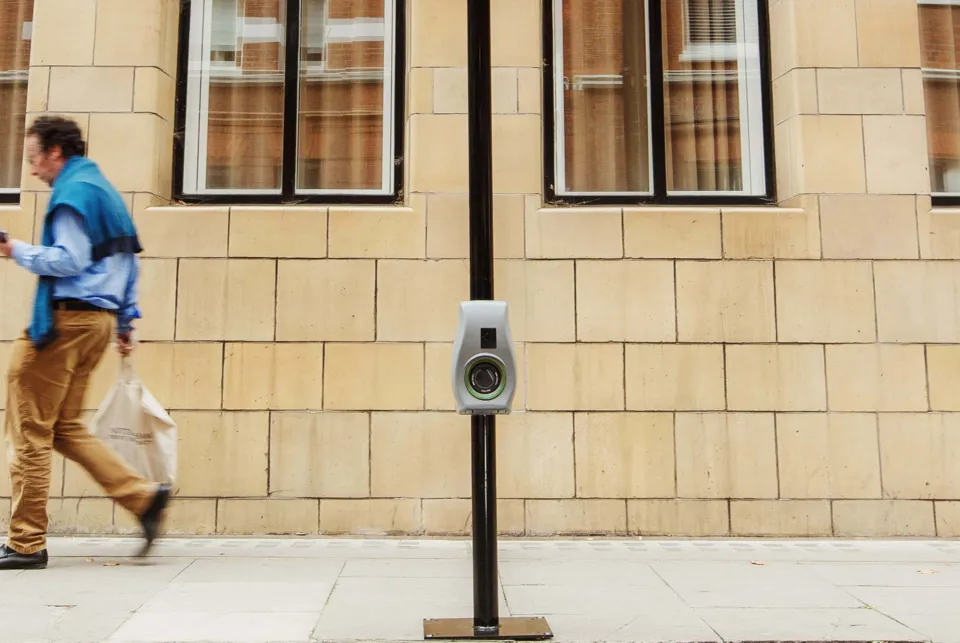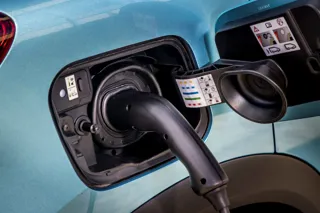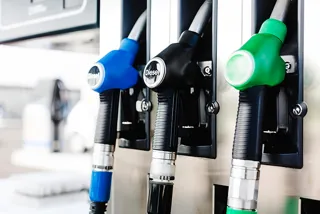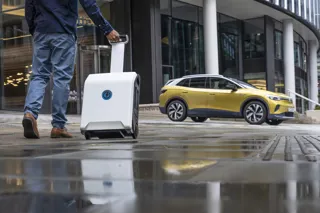A major new national campaign, which is being backed by the RAC, will initially focus its efforts on reducing the VAT paid on public charging by electric vehicle (EV) drivers.
FairCharge says EV owners who are not able to charge at home pay four times more tax for their electricity from public on-street networks.
Currently, VAT on domestic electricity is charged at 5% whereas those using public charge points have to pay 20% VAT.
FairCharge and the RAC believe this is an unnecessary barrier to switching to an electric car for the 38% of people who, according to RAC research, are not able to charge an EV at home as they would have no choice but to rely on the public charging network.
RAC director of EVs, Sarah Winward-Kotecha, said: “There are many issues with public chargers such as cost, availability, reliability, speed of charging and ease of payment, which have the potential to either accelerate or slow down EV adoption depending on how they are handled.
“Our decision to support FairCharge is all about making sure that charging provision in all shapes and forms is both fit for purpose and fair.”
Scrutiny of charging tariffs
FairCharge will also campaign to ensure electricity at public charge points is priced fairly, which it says will help those needing to recharge on longer journeys and will avoid further penalising those who do not have access to home charging.
There will also be scrutiny of charging providers’ domestic and public charging tariffs.
FairCharge, which is spearheaded by automotive journalist Quentin Willson, will also campaign to ensure the UK has: the right EV-related policies for drivers, the environment and the economy; and delivers a future-proofed high-speed public charging network to enable business use of EVs and as many drivers as possible have easy access to a high-speed charger.
It also wants to make buying an EV more affordable by promoting and encouraging low-cost funding options for both new and used EVs so they can be driven by the widest socio-demographic groups possible; and for the Government to assist private charging providers in building extensive and reliable charging networks through a range of support mechanisms.
Furthermore, FairCharge is campaigning for help to educate and inform consumers in all aspects of EV ownership, dispel myths and promote new incentives to hasten the adoption of EVs by both the public and business.
Winward-Kotecha added: “We also know from our research that drivers have concerns about going electric beyond charging, so we are pleased to see that FairCharge will be working to make driving an EV accessible to all as well ensuring the UK economy and society as whole benefit from the transition to electric driving.”
Findings from research for the RAC Report on Motoring 2021 support many of the aims of the FairCharge campaign.
More than half of drivers (53%) say they do not think they would be able to make long journeys as easily as in an electric car as they could in a conventionally fuelled one – an issue that is tied in with the perceived lack of fast and reliable charging infrastructure.
Almost two-thirds (63%) of drivers said that they do not think there are enough public charging points, while seven-in-10 drivers (72%) would want to charge their cars at a public forecourt just as they would a petrol and diesel car.
Willson said: “One of FairCharge’s first missions is to stop those who use public charge points having to pay VAT at 20% in stark contrast to the 5% rate on domestic electricity for those who are fortunate enough to be able to charge at home.
“This isn't just unfair, it's a policy mistake that will hinder EV take-up and impact on exactly those who we want to see enjoy the benefits of an EV.”
Yesterday (Tuesday, February 1), FairCharge held a reception at the House of Commons for MPs interested in finding out more about the campaign.
In addition, Willson has started a petition on Change.org calling on the Government to do more to help make EVs affordable for everyone and put in place a national charging network so that drivers can be confident of life with an electric car.
In January, the RAC added a pure EV to its breakdown fleet by putting a Renault Zoe Van E-Tech into service.
> Interested in comparing electric vehicle data? Check out our EV tool.
> Interested in ensuring the efficient use of EVs. Check out our dedicated editorial sections: Insight & policy | EV news | Charging & infrastructure | Costs & incentives | Benefit-in-kind | EV case studies | EV road tests
























Login to comment
Comments
No comments have been made yet.